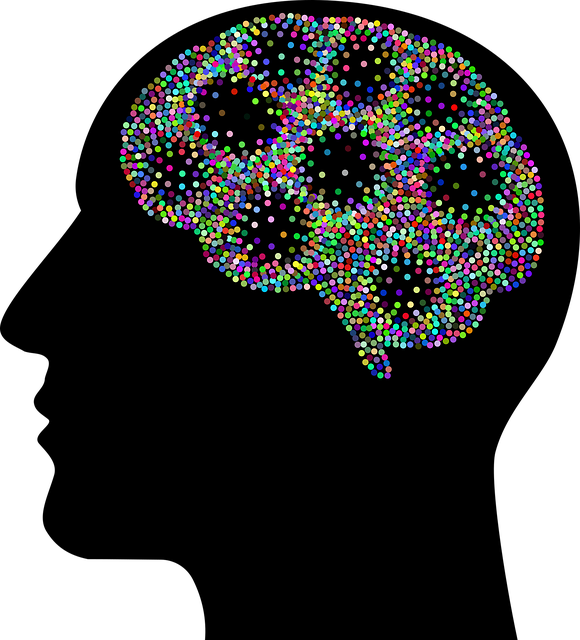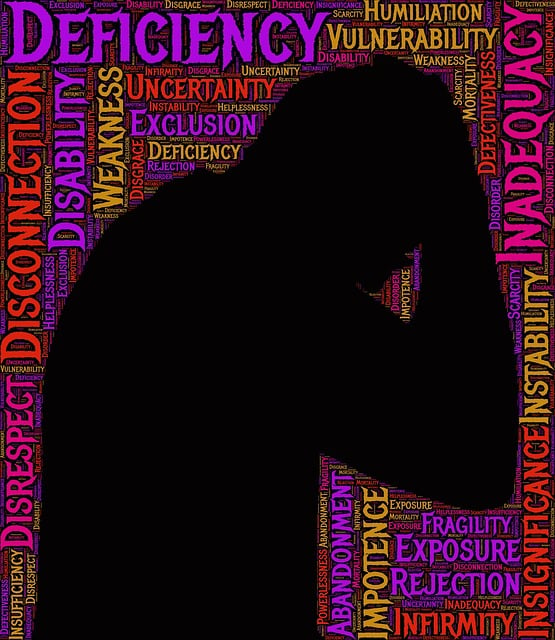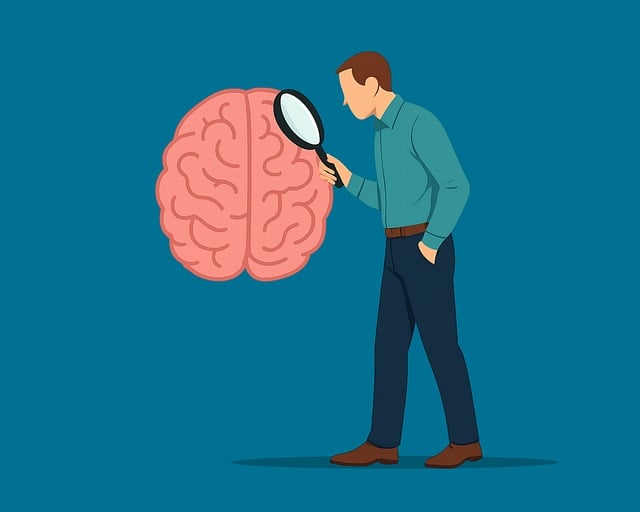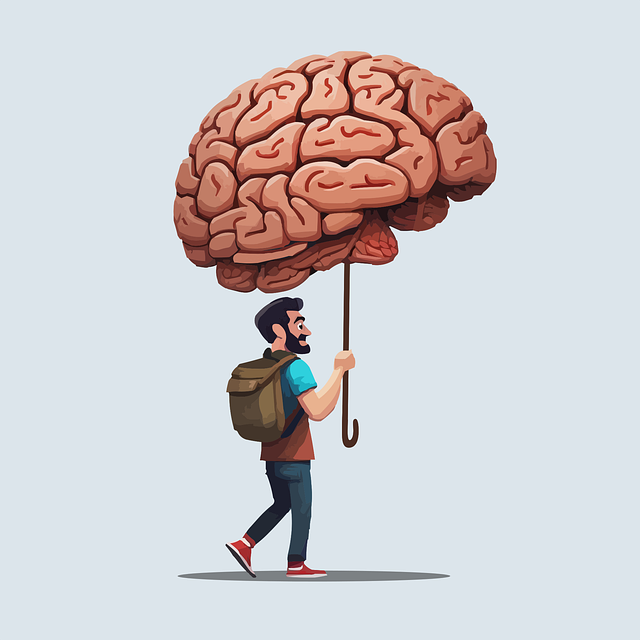Cultural sensitivity is key in mental healthcare for diverse adolescent teens, especially when integrating evidence-based therapies like Dialectical Behavioral Therapy (DBT). Training in cultural competency equips professionals to tailor DBT techniques to various backgrounds, fostering trust and open dialogue. This approach enhances therapy outcomes, improves engagement, strengthens the therapeutic bond, and empowers teens from different ethnic, racial, and socioeconomic groups to navigate their emotional journeys effectively.
Mental healthcare practices are evolving to embrace cultural sensitivity, ensuring equitable care for diverse patient populations. This article explores three key aspects of this shift. We begin by understanding cultural sensitivity in mental health, delving into its significance and the challenges it addresses. Next, we focus on therapy tailored for adolescent teens, examining a cultural approach that respects their unique backgrounds. Finally, we discuss integrating Dialectical Behavioral Therapy (DBT) with cultural sensitivity to enhance therapeutic outcomes for this vulnerable group.
- Understanding Cultural Sensitivity in Mental Healthcare
- Therapy for Adolescent Teens: A Cultural Approach
- Integrating Dialectical Behavioral Therapy (DBT) with Cultural Sensitivity
Understanding Cultural Sensitivity in Mental Healthcare

Cultural sensitivity is a cornerstone in mental healthcare practice, especially when working with diverse adolescent teens. It involves recognizing and respecting the cultural contexts that shape individuals’ experiences and beliefs about mental health and well-being. In today’s globalized society, healthcare providers must be adept at navigating different cultural norms, values, and practices to offer effective therapy for adolescent teens, such as Dialectical Behavioral Therapy (DBT).
Understanding cultural sensitivity in mental healthcare means embracing the concept of Cultural Competency Training for healthcare providers. This training equips professionals with the skills to promote emotional well-being through culturally tailored techniques. By integrating these methods, DBT, for instance, can become more accessible and impactful, enabling teens from various backgrounds to develop crucial mood management skills. Such an approach not only enhances therapy outcomes but also fosters a more inclusive and supportive mental healthcare environment.
Therapy for Adolescent Teens: A Cultural Approach

In providing therapy for adolescent teens, a cultural sensitivity approach is paramount to ensuring effective treatment and building rapport with diverse youth populations. Many teenagers come from various ethnic, cultural, and socioeconomic backgrounds, each bringing unique perspectives and experiences that influence their mental health journeys. Therapists must be adept at understanding these cultural nuances to offer tailored support. For instance, integrating Dialectical Behavioral Therapy (DBT) can be a powerful tool, as it equips teens with valuable skills for emotion regulation, distress tolerance, and effective communication strategies.
By incorporating DBT, therapists facilitate a safe space for adolescents to explore their identities while teaching them healthy coping mechanisms. This is particularly beneficial when cultural barriers or past traumatic experiences might hinder traditional therapy methods. Additionally, Mental Health Education Programs Design can be adapted to address specific cultural beliefs and values, fostering trust and encouraging open dialogue. Boosting the confidence of teen clients through personalized treatment plans that consider their cultural context is a key step in achieving positive mental health outcomes.
Integrating Dialectical Behavioral Therapy (DBT) with Cultural Sensitivity

Integrating Dialectical Behavioral Therapy (DBT) with cultural sensitivity is a powerful approach to enhancing mental healthcare for adolescent teens. DBT, renowned as an effective therapy for emotional regulation and communication strategies, can be tailored to respect and embrace diverse cultural backgrounds. By incorporating cultural awareness into DBT treatment plans, therapists can provide trauma support services that are truly inclusive and impactful. This ensures adolescents from various ethnic, racial, and socioeconomic groups receive care that resonates with their unique experiences, fostering a sense of safety and trust in the therapeutic process.
This integration involves learning about different cultural beliefs, values, and practices related to mental health. Therapists can then adapt DBT techniques to be culturally responsive, offering activities and discussions that resonate with each client’s background. This personalized approach not only improves engagement and adherence but also strengthens the therapeutic alliance. By combining the evidence-based skills of DBT with cultural sensitivity, mental healthcare practitioners can create a nurturing environment where teens feel understood and empowered to navigate their emotional journeys effectively.
Cultural sensitivity is a cornerstone in modern mental healthcare, especially when treating adolescent teens. By integrating approaches like Dialectical Behavioral Therapy (DBT) with a deep understanding of cultural nuances, therapists can create safe and effective treatment plans. This tailored approach ensures that therapy resonates with young people from diverse backgrounds, fostering better engagement and outcomes. Thus, it’s not just about providing DBT; it’s about delivering culturally sensitive DBT to meet the unique needs of each individual.











